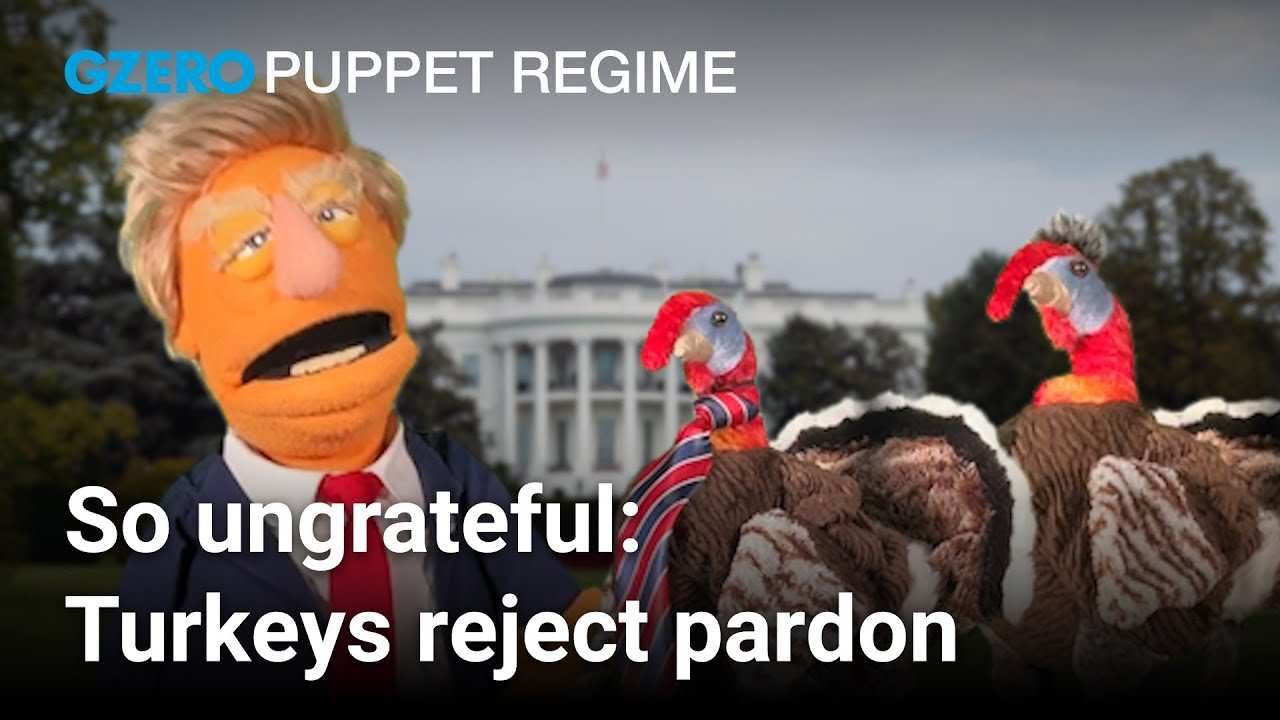What We're Watching
Thai generals trading horses – The pro-junta Palang Prachat party came in second place in elections over the weekend, winning 97 of the 250 lower house seats up for grabs, according to preliminary results. Although the opposition Pheu Thai party won more seats overall, the junta still is in a commanding position to nominate a prime minister in coordination with a junta-appointed upper house. Still, the generals may have to reach across the aisle to strike uncomfortable alliances with new partners. We're watching to see whether the top brass can successfully manage the horse trading to keep their preferred candidate, current Prime Minister Prayut Chan-o-cha, in office, or if they'll be forced by pro-democracy parties to make a change.
WHAT WE ARE IGNORING
Nicolás Maduro's plans to convert to Islam – The foreign minister of Turkey – one of the few countries that supports Venezuelan President Nicolás Maduro – says the South American strongman was so moved by a Turkish historical soap opera about the Ottoman empire that he has considered converting to Islam. We don't doubt the appeal of joining the world's fastest growing religion, nor do we discount the addictive impact of Turkish soap operas in Latin America, but we just can't see Maduro going through with this… right?